Tips how to sleep in a short time. How to sleep in a short time: proven tips
- Sleep theory: how much sleep do you need to sleep?
- How to sleep less and get rid of the constant desire to take a nap?
Modern man has become accustomed to the frantic pace of life and, as a result, the unpleasant companion of excessive activity - constant lack of sleep. In a short time the body does not have time to recover, lethargy and irritability appear. It turns out that the point is not in the number of hours set aside for a night's rest, but in their proper organization. Body and mind will feel great if you sleep right.
One of the most extreme methods invented by Leonardo da Vinci. On his own experience, he proved that it is really possible to sleep in a quarter of an hour. He indulged in sleep for 15 minutes, after which he was awake for 4 hours. And again a short sleep, and again work lasting 4 hours. In total, sleep took 90 minutes a day. This is a kind of record, but not everyone can repeat it without harm to health. The traditional daytime sleep of the Spaniards lasts 20 minutes. Scientists have noticed that such a rest reduces night sleep by as much as 2 hours. That is, it is more efficient to have some rest at lunch, so that you can get up early in the next morning, but in a cheerful spirit. It is very important to sleep exactly 20 minutes and not more. During this time, the so-called REM sleep phase will take place, which will ensure the freshness of thoughts. If you miss the moment of awakening, the body will go into a slow phase, and after 1-2 hours you will get broken.
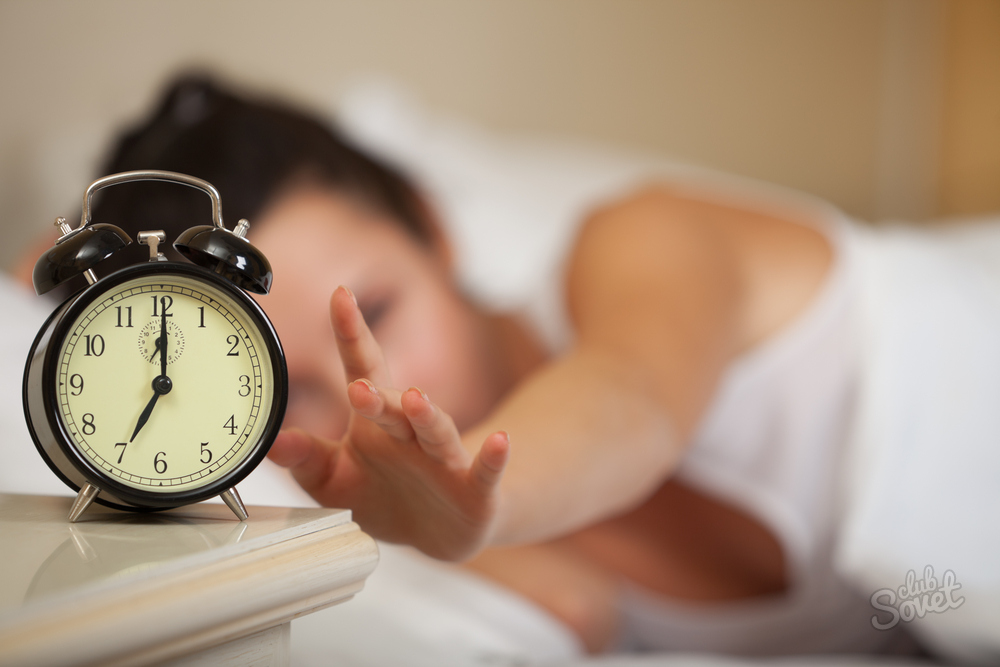
There is also a quick two-hour sleep technique. You should set the alarm for half an hour, after waking up, transfer the signal time to another half hour, in general, make 4 such cycles. After these manipulations, the energy charge is enough for 6-7 hours of productive labor.
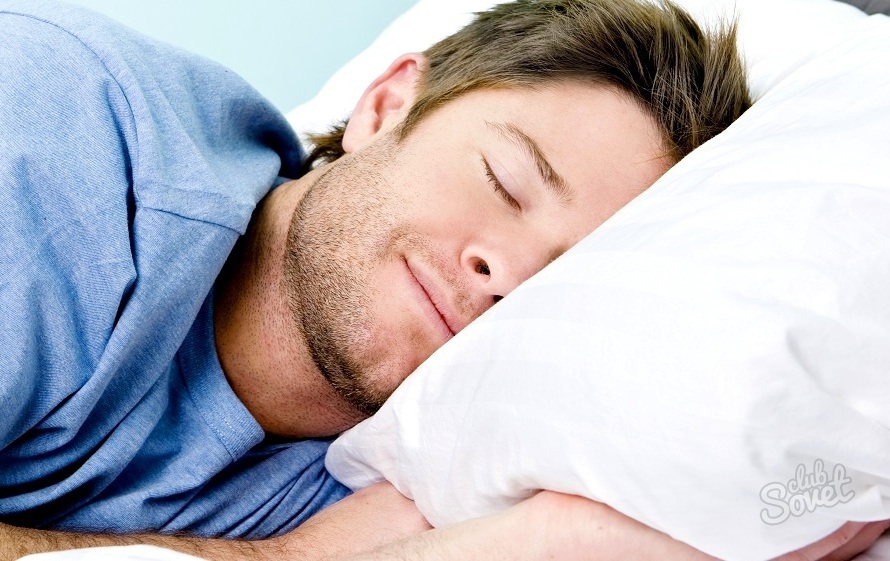
When the time allotted for sleep is not so limited, sleep at least 5-6 hours a day. This is the minimum that is necessary for health. After all, if the fast phase of sleep restores mental activity, then the slow phase is aimed at cell regeneration, cleansing and rest of the whole body.

A productive night's sleep has its own secrets, allowing you to get enough sleep, even for a small period of time. For example, one hour of sleep before midnight is equivalent to two hours after 24.00. Therefore, you need to go to bed at 22-23 hours.
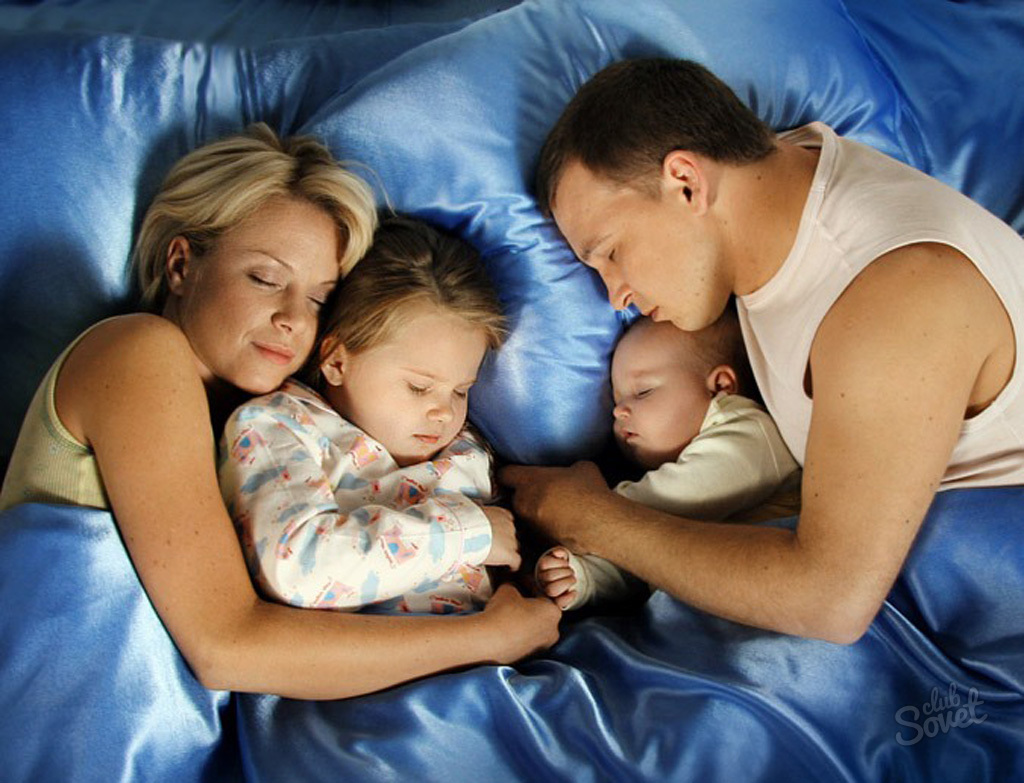
In addition, in the evening, undesirable physical activity and too rich dinners. Instead of a contrast shower, it is better to take a warm relaxing bath. Before bedtime, the bedroom must be ventilated and equipped with a hard but warm enough bed. Instead computer games and movies select a book or magazine. The text is not able to excite the nervous system in the way that bright, often changing monitor images do.
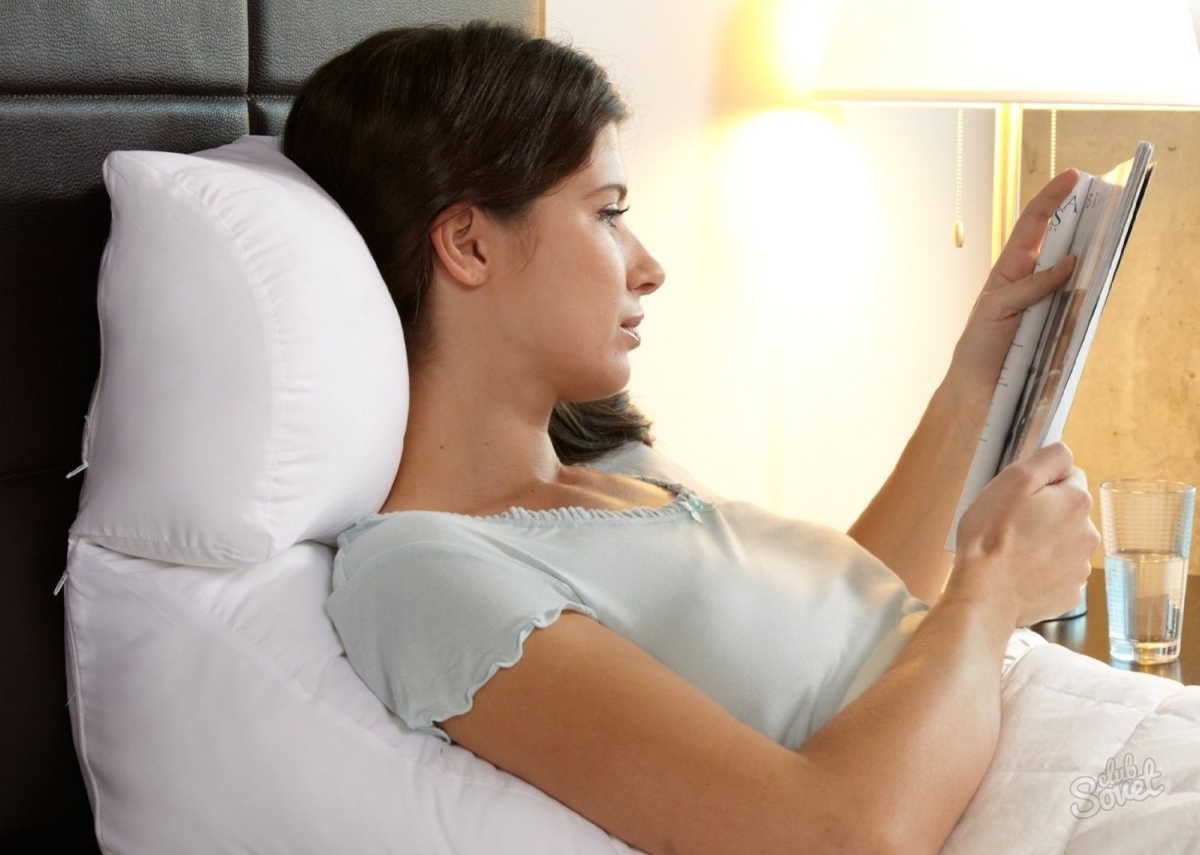
If sleep deficiency occurs constantly, it makes sense to sleep longer on weekends. It used to be thought that it was impossible to sleep for good, but now the opposite has been proved. The better you rest on Saturday and Sunday, the easier it will be to survive the next working week.

In the morning to wake up at the “right” time, that is, during the fast phase, not so long ago, the high-tech alarm clock was invented. This smart gadget is made in the form of a bracelet that should be worn at night. Sensors capture the movement of a sleeping person, determining the phases of sleep and their duration. The owner of the device must set the time after which it is impossible to wake up. In the half-hour range, the electronics will determine the most successful time of awakening, and then the person will rise full of energy.

Do not forget to put off heavy thoughts and plans before going to bed. Let the period of immersion in sleep become pleasant, then the rest will come sooner. And of course, try to calculate the time required for your body for each phase of sleep. So you can determine the most successful period of recovery, which will ensure a good mood and well-being for the whole day.
In the bustle of fleeting everyday life, people increasingly ask themselves questions: “When will I finally get enough sleep? How to sleep less and get enough sleep?
Is the problem of chronic fatigue solvable? The human body is unique, and each individual's need for sleep is determined by genetics: someone suffices 6-7 hours, while others after ten hours of sleep feel overwhelmed.
Answering the question “ how much sleep do you need to sleep ?”, The specialists are categorical: if you follow certain rules, you can reduce the duration of sleep, however, reducing the duration to less than 6 hours is not recommended - it can affect your well-being. If you artificially try to sleep for less than the prescribed time, nature will “revenge” by chronic fatigue and fatigue.
Sleep theory: how much sleep do you need to sleep?
Sleep consists of phases of slow and fleeting sleep. It has several complete cycles:
- Easy half sleep, the first phase of sleep. Eyes blink smoothly, muscles become lethargic, heartbeat slows down, you get the feeling that you are dreaming. This phase you can watch when napping in front of the TV screen or in the subway.
- A shallow sleep with rare bursts of brain activity, the period lasts 25-35 minutes.
- Deep dream. Blood pressure decreases, the rhythm of the heart calms down, the body is relaxed - the body is in the stage of recovery of spent energy.
- Dreaming dreams. A period of vivid and memorable dreams.
Scientists have proved, the deeper the sleep, the more effective the subsequent wakefulness. At this time, the brain “rests” as much as possible, the body temperature drops, the metabolic processes slow down. Given these features of the human body, you can go through all the phases of sleep, wake up rested and full of energy even after 6 hours.
Forward: Late insomnia during pregnancy
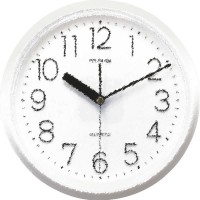 There are some interesting tips that allow you to sleep in a short amount of time:
There are some interesting tips that allow you to sleep in a short amount of time:
- The principle of time. Start the alarm for half an hour, after 30 minutes, start the alarm again for the same amount of time. Repeat the procedure after 4 hours. The method will give wakefulness for 5 hours.
- Sleep in Spanish. Before bed, it is recommended to drink a cup of coffee - after 20 minutes caffeine will replace the alarm clock. In the proposed method, it is important to “lie down” correctly - this will not only ensure a quick “saturation” with sleep, but also reduce the risk of heart disease. Lie on your belly in a crescent pose, left foot bend at the knee right hand lift up to the head and press to the shoulder, bend your left arm at the elbow. A hard base is recommended.
- Dream Da Vinci. The great artist and inventor invented a method that allowed to get enough sleep in 15 minutes. Every four hours sleep for 15 minutes. Dosed rest lasts for 5-6 hours.
How to sleep less and get rid of the constant desire to take a nap?
What time do I need to go to bed to rest and get a boost of energy? Try to follow the biological clock that nature has established millions of years ago: fall asleep no later than 10 pm, wake up no later than 6 am Follow the established schedule and during the holidays and weekends. You quickly get used to the regime and restore health.
Tips on how to sleep in a short time Sometimes it seems that this problem is simply insoluble. But once there were no alarms and forever crazy rhythm in the morning. Good sleep is the basis of a healthy lifestyle. Scientists still have not fully figured out why we are sleeping. Nevertheless, they are sure of the following: most of us do not have enough sleep to fully recover. What do you need to feel rested in the morning? How long does it take to sleep? Each is individual - and the need for sleep is determined by the features. Someone is enough for 3 hours, and someone after 9 feels tired. With the observance of certain rules, the need for sleep can be reduced - but not more than 5-6 hours, otherwise it will inevitably affect health. If you can not afford to sleep as much as you want, follow these rules - and the harm from lack of sleep will be minimal. * Try to sleep in accordance with the biological rhythms of nature - go to the sunset and get up at dawn. Conditionally from 22.00 to 6 in the morning. And keep this schedule on weekends. An organism, having become accustomed to such a schedule, will be able to recuperate in a shorter period of time. * Sleep until midnight has the maximum restorative effect: an hour of sleep from 7 to 10 pm replaces at least 2 hours at night. Try to organize your day so that you can sleep at least an hour before midnight. * Never miss an opportunity to take a nap at least 5 minutes (preferably 15) during the day. * There is a famous method that invented and applied the famous Da Vinci. He managed to sleep only one and a half hours a day - and he got enough sleep, kept working. His technique is simple: you need to sleep 15 minutes every 4 hours. Not everyone can afford to live this way, but this method is worth adopting. If there is an opportunity, be sure to take a nap: in a taxi, subway, on a chair during a break - and so on. * We are almost addicted to caffeine. Do not consume caffeine in the afternoon, as it is not excreted from the body for more than half a day. * Organize your lifestyle in such a way that as it approaches sleep time it becomes quieter. The bedroom should be a bedroom. Remove from her TV and computer. Do not use it instead of the office: never work in the bedroom! * Nicotine and alcohol - one of the main causes of violations of our sleep and insomnia. Do not use them before bedtime. Of course, at first alcohol can have a sleepy effect - but after a couple of hours it will start working as a stimulant and will cause you to turn over in your sleep often. * A cup of warm milk (better if it is baked milk) actually helps: milk contains L-tryptophan - an amino acid that helps you fall asleep. A light snack before bedtime can also help. A good source of tryptophan is protein food, especially poultry. * If it is difficult for you to fall asleep, start getting ready for bed in an hour and a half: take a warm bath, put on your favorite night clothes - or take it off, set the alarm, turn off the light a little, beat the bed. So you can tune in to sleep. * Of course, a thick duvet may seem quite cozy, but you should wear something light to sleep. * As you know, everyone has an internal alarm clock. It is he who controls the time of sleep and wakefulness. The bright light of the sun every day starts this alarm. No matter what time you go to sleep, the light from the window can wake you up. Hang thick curtains so that you can sleep a little longer, especially on weekends. * Calm down, turn off thoughts and inner dialogue. Do not try to solve tomorrow's problems today. Twisting yourself and trying for the thousandth time to get an answer to a question that involves many answers, you will never fall asleep normally. Listen to bedtime sounds of nature or good, quiet music.
Want to wake awake, even if you slept only 4 hours? Then learn how to sleep to get enough sleep in a short time.
In order to sleep, it is not necessary to sleep the usual eight hours for everyone. After all, the main thing here is not the duration of sleep, but its quality. Know that you can not fully sleep enough without going through a phase of deep sleep. To quickly fall asleep, get enough sleep and not feel in the morning a feeling of weakness and laziness, you need to follow a few simple rules. Learning how to sleep in a short time, you make your life easier and save your nerve cells. Only in this way will you be able to learn how to wake up quickly and easily get down to solving the tasks of a new day.
Tips for quality sleep in a short time
Do not eat before bedtime
Try not to eat three hours before bedtime. Do not eat for dinner spicy, fried, smoked, salty. The stomach must rest at night, and with it the brain.
Try to sleep in the afternoon
Few people can now allocate time for daytime sleep. But to doze off for 20 minutes is quite realistic. Short daytime sleep replaces one night cycle and reduces sleep by 2 hours.
Turn off the lights and all gadgets in advance
Lighting prevents the production of sleep hormone - melatonin. So before going to bed, turn off all the nightlights, the TV, do not look into the phone once again. Hang thick curtains in the bedroom.
Sleep with the window open
The abundance of oxygen, cool fresh air helps to quickly fall asleep and sound sleep. Sleep with an open window or properly ventilate the room before going to bed.
Get the schedule right
The best time to sleep is 22–23 hours. Indeed, at 12 o'clock in the morning, the deepest sleep phase begins, which you should not miss. Try to go to bed at the same time every day, then you will need less time to sleep and you will have an internal alarm clock.
Have a cup of soothing tea.
A cup of chamomile, mint or herbal tea will help to relax and prepare the body for sleep. You can even drink a glass of warm milk, because it also helps to relieve stress.
Do not exercise before bedtime
Adrenaline, which is produced during sports, stimulates the brain. Because of this, a person cannot sleep for a long time. Follow physical exercise 4 hours before bedtime, not later. Experts advise instead of playing sports stroll before bedtime. Evening walks soothe the nervous system and relax.
Discard odorous powders and fabric softeners
A strong smell can cause insomnia and headache. Better spend aromatherapy before bedtime with the help of oils of lavender, eucalyptus, peppermint and melissa.
Decide on a place to sleep
The mattress should be orthopedic, not too soft, otherwise it will be uncomfortable to sleep. Choose a comfortable pillow. A weighted blanket will help fast sleep and good sleep.
If you can not sleep, do not immediately resort to sleeping pills and sedatives. Try first to take advantage of our safe but effective ways to improve the quality of sleep and sleep in a short time.
Sleep theory: how much sleep do you need to sleep?How to sleep less and get rid of the constant desire to take a nap?
In the bustle of fleeting everyday life, people increasingly ask themselves questions: “When will I finally get enough sleep?
How to sleep less and get enough sleep?
Is the problem of chronic fatigue solvable?
Sleep theory: how much sleep do you need to sleep?
How to sleep less and get rid of the constant desire to take a nap?
What time do I need to go to bed to rest and get a boost of energy?
What do you need to feel rested in the morning?
How long does it take to sleep?